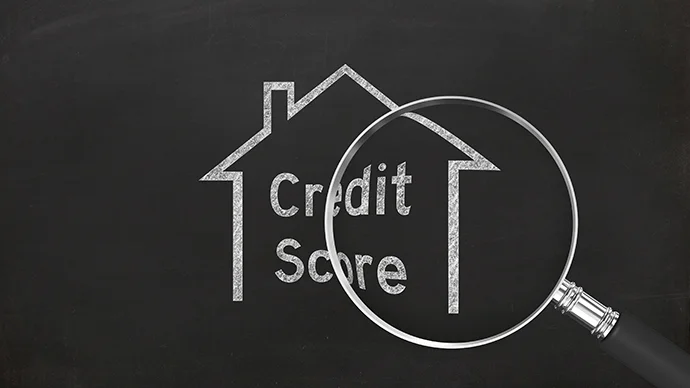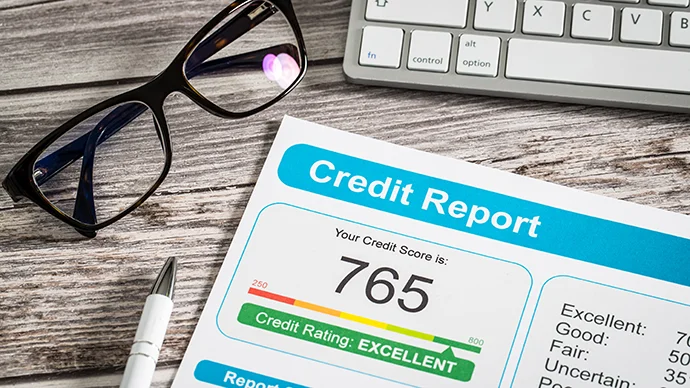
While your loan officer and processor review your application, the underwriter will ultimately be the one who provides final approval.
There are strict government requirements and guidelines lenders must follow when originating real estate loans. When your application is submitted to underwriting for final review, they will be looking at the four Cs – credit, capacity, capital, and collateral.
Credit
An underwriter will look at your credit score and history. This is used to predict a repayment of the loan based on your past history. While having some negative marks on your credit doesn’t automatically disqualify you, it does give us an idea of what to expect. It is very important to ensure you are taking care of your credit now and not waiting until you want to purchase a home.
Capacity
Underwriting will review your income, employment, current debt, and any other financial obligations to ensure you have the ability to repay the mortgage. There are strict guidelines that lenders are required to follow when approving borrowers for a mortgage. Underwriting will look at two ratios to help determine the ability to repay of the borrower.
The first ratio is the housing expense ratio. This is your total mortgage payment (principal, interest, property taxes, insurance, and association dues, if applicable) as a percentage of your gross monthly income. Ideally they want to see this ratio below 33%.
Example: If you make $75,000/year or $6,250/month, your total monthly mortgage payment should be $2062.50 or less.
The second ratio is your total debt to income ratio. This ratio includes your total mortgage payment plus all other debt (housing, car, credit cards, student loans, alimony, child support, etc.) as a percentage of your gross monthly income. Ideally they want to see this ratio below 45%.
Example: If you make $75,000/year or $6,250/month, your total monthly debt should be $2812.50 or less.
With the strict guidelines, it is super important for you to provide your income documents upfront to your loan officer so that they can review them and make sure it falls within the guidelines. In some cases, we are able to go above 45% debt to income but we are typically required to verify other compensating factors.
Capital
The underwriting team will also be reviewing your available funds for down payment and closing costs or capital. Again, because of the strict guidelines mortgage loans need to follow, we will need to verify the funds you have for closing are coming from an acceptable source. Here are some sources that may be considered:
- Checking/Savings accounts
- Retirement funds (401K, Roth IRA’s, etc.)
- Investments accounts (Certificates of Deposits, stocks, bonds, etc.)
- Gift from a family member
Besides verifying you have the funds in an acceptable source, we also need to verify any large deposits into those accounts. We are required to verify that they came from an allowable source, which means the money was obtained legally and not loaned. Typically your loan officer will request 2 months of complete statements to show these funds in any of the accounts.
Collateral
The final C underwriting reviews is collateral. In the case of a mortgage, the collateral is the home you are purchasing. To determine the value of the home, we will typically require an appraisal to be done. The appraisal compares the home you are purchasing to similar homes in the area that sold recently to determine the home’s value. The appraisal also ensures there are no safety or health hazards.
Appraisals & home inspections are two different things. You will be asked by your agent when signing the purchase agreement if you would like an inspection done. The lender will not require an inspection of the home to be done but we do recommend that you get one.
Source: cuna.org
Related Articles

Good Debt/Bad Debt
Not all debt is necessarily bad, particularly when it can help you build wealth. It’s important to know the difference and how to sort the good from the bad.

Your Credit Score & Mortgage Loans
Your credit score is one of the biggest factors in your approval for a home loan.

Your Credit Score & Home Buying Power
Know how your credit score will affect your home buying power.